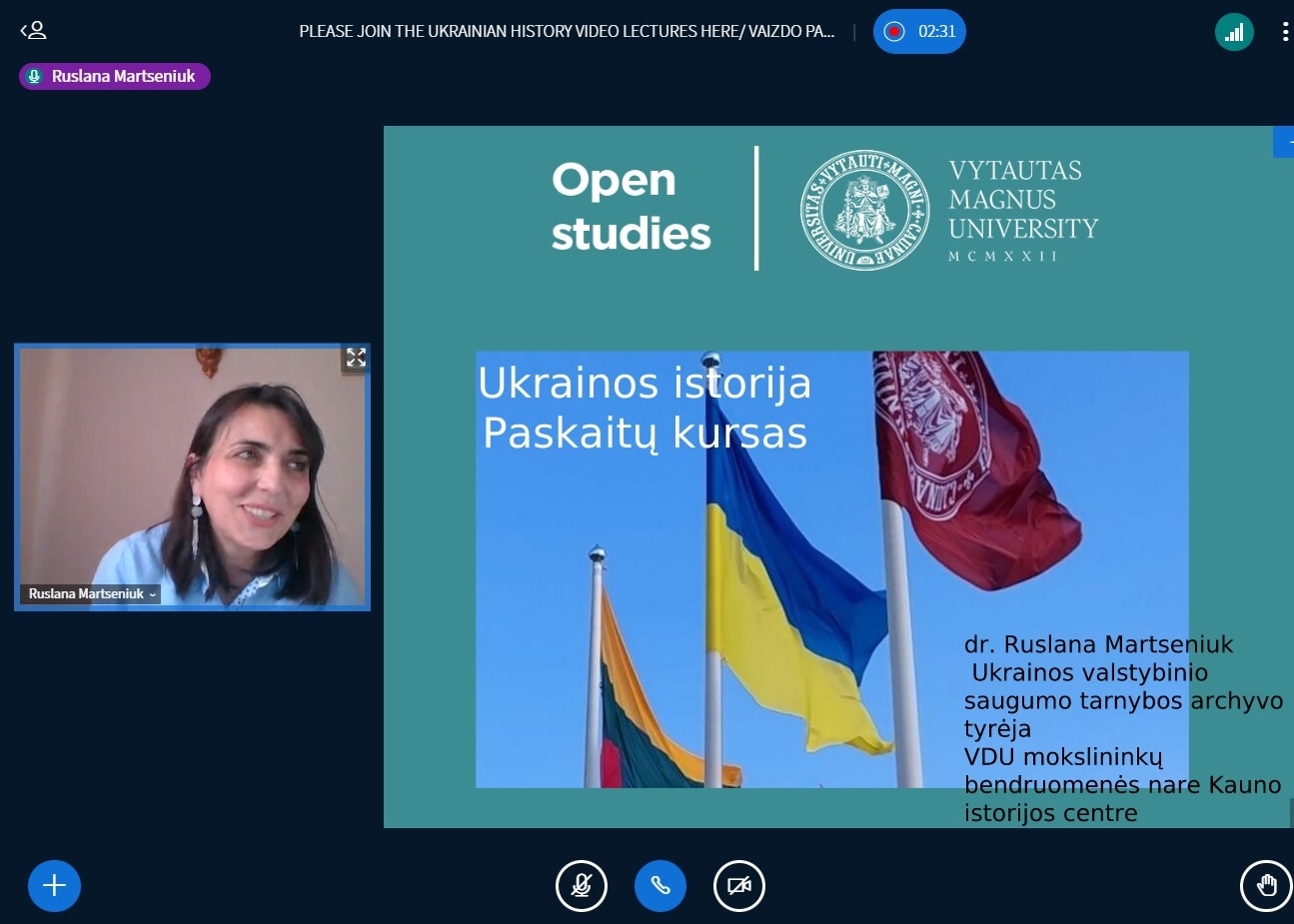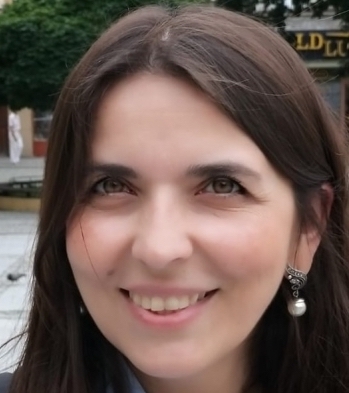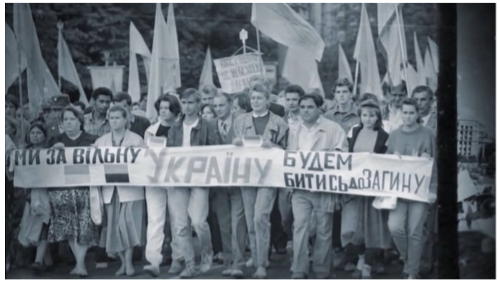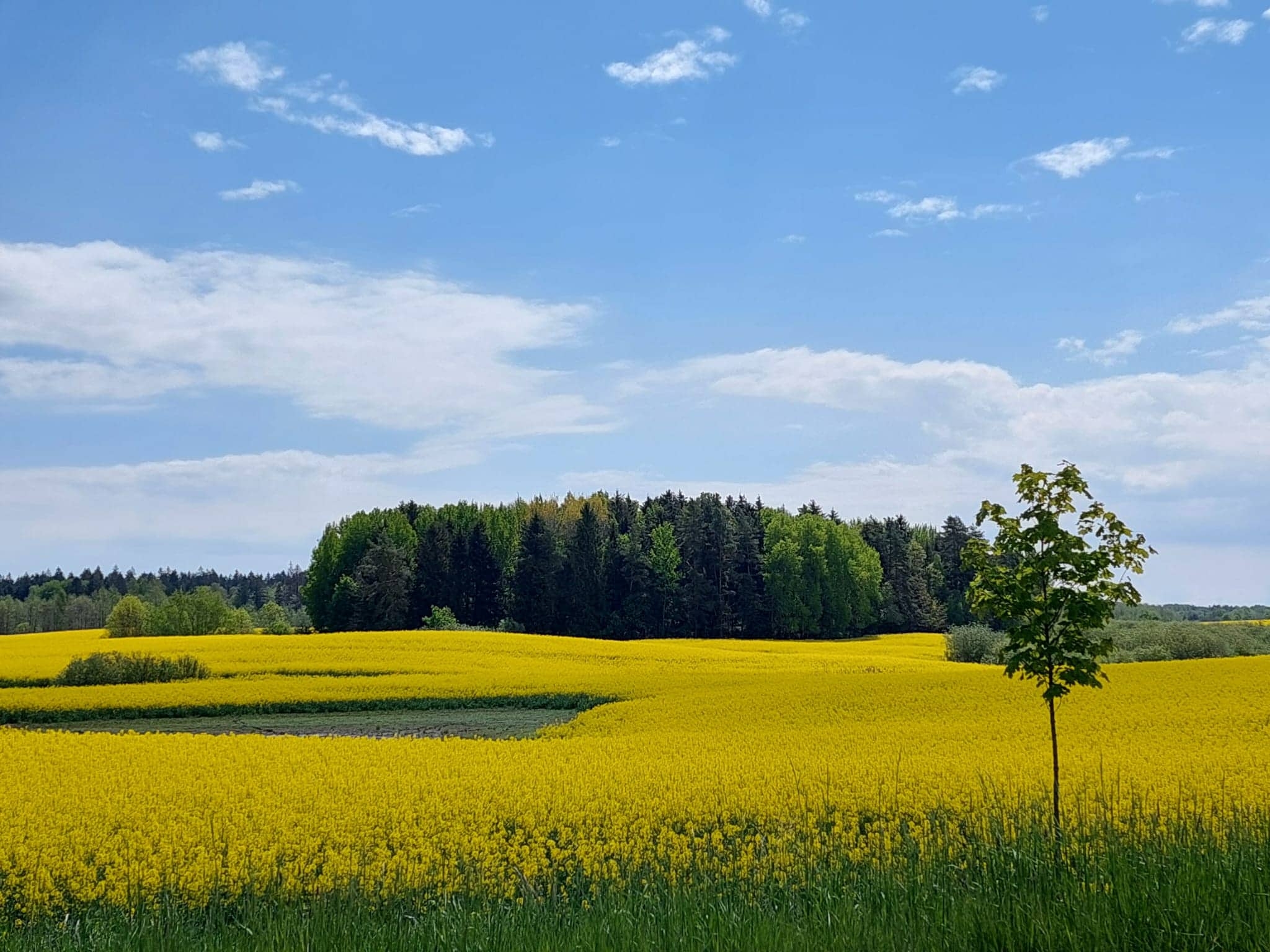Since the invasion of Ukraine in February 2022, the CLARIN community has collectively activated in order to support Ukraine in general and Ukrainian colleagues in particular, highlighting once more the wider impact that CLARIN can have on broader societal issues.
Here, we showcase the distance learning course ‘Ukrainian History’, an initiative that stems from a personal friendship between Ruslana Martseniuk, a historian located in Ukraine, and Jurgita Vaičenonienė, Associate Professor in linguistics, based in Lithuania. The two women developed the course together as an example of collaboration that is based on cooperation and finding compromise. The layers of cooperation included not only information exchange and knowledge sharing with the course participants, but also between EU universities and Ukrainian researchers.

Teaching in the Context of War
The course was developed under difficult circumstances. At the beginning of the war, Ruslana was forced to flee Kyiv and sought refuge in Lviv. During her stay there, Ruslana developed the content for the course, while Jurgita helped to develop the format of an online course and mediated between Ruslana, the course participants and Vytautas Magnus University.
The first round of the course was launched in June 2022, with live lectures, while Ruslana was in relative safety in Lviv. Now that she has returned to Kyiv, air raids and electricity cuts have made live lectures, and any sort of planning, impossible. Therefore the course has now been made available as a pre-recorded, asynchronous resource, so that participants can access and study at their own pace.

The Course
The short distance learning course ‘Ukrainian History’ covers the history of Ukraine and its statehood. The eight lectures begin with the Kyivan Rus’ state and its Ukrainian principalities (9th-13th c.) and then trace Ukraine’s historical development and its struggle for independence until the present day. In addition, participants are introduced to historiographical material, such as illustrations, videos and documents, for self-study so that they can understand and critically evaluate the different narratives of Ukrainian history, language, and culture.
The course is suitable for anyone interested in learning about Ukrainian history from the perspective of a Ukrainian historian, that is, someone who has acute knowledge of the most recent changes in Ukrainian historical narrative and terminology. As lectures are held in Russian, some level of proficiency in the language is required.

Participants receive pre-recorded lectures as well as recorded live lectures (Russian), slides (English), suggested readings and other material (English, Russian, Ukrainian), practical tasks (English), discussion forums (English), and a self-evaluation test with answers at the end of the course (English). The course has been made available as a pre-recorded, asynchronous resource. Those interested in following the course can access it for the small fee of €30 at any time here and study at their own pace.
Future Plans
In the event that Ruslana returns to Lviv or the situation in Kyiv improves, live lectures may be offered again. In addition, Ruslana is currently working on a research article about the relationship between Ukraine and Lithuania since 2014, and is also planning to develop a series of one-hour pre-recorded lectures on selected aspects of Kyiv.

More CLARIN Initiatives in Support of Ukraine
We have already presented two recent initiatives that were launched soon after the start of the war, and whose teams were awarded the Steven Krauwer Award for Achievements at the 2022 CLARIN Conference: the Charles Translator for Ukraine and a machine translation system from Ukrainian to Finnish.
In addition, CLARIN has put together an overview of initiatives supporting the Ukrainian research community from the CLARIN network and beyond: Initiatives Supporting the Ukrainian Research Community.
Lecturer: Ruslana Martseniuk, chief research fellow, Branch State Archive of Security Service of Ukraine, Kyiv
Course moderator: Jurgita Vaičenonienė, Associate Professor, Department of Lithuanian Studies, and CLARIN-LT national coordinator, Vytautas Magnus University, Lithuania